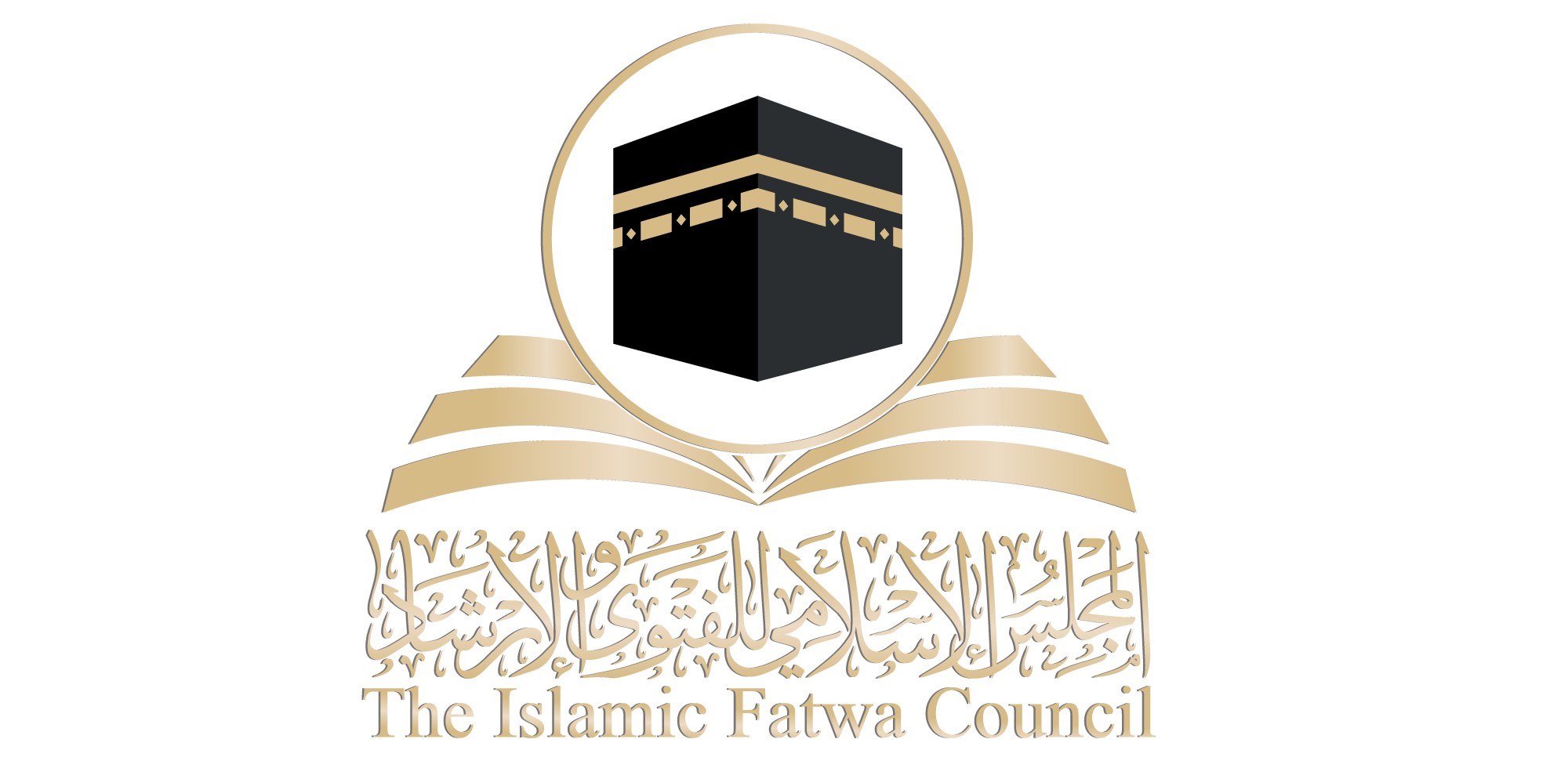SINGAPORE – The Republic’s Fatwa Committee, chaired by Singapore’s Mufti Nazirudin Mohd Nasir, has been conferred an award by a global Islamic authority for its contributions in dealing with the Covid-19 pandemic and other contemporary issues affecting Muslims.
The committee, which issues religious guidance to Muslims in Singapore, is the second recipient of the Imam Al-Qarafi Award for Distinction in Fatwa.
The award is presented by the General Secretariat for Fatwa Authorities Worldwide, led by Egypt’s Dar al-Ifta or fatwa authority, and the committee is the first recipient from a minority Muslim country.
The Islamic Religious Council of Singapore (Muis) said in a statement on Thursday that Dar al-Ifta “recognises that the religious guidance and positions issued by the Fatwa Committee… placed emphasis on peaceful coexistence and social cohesion”.
“It also believes that the Muslim community in Singapore is a model for others to emulate in how communities can coexist peacefully and harmoniously whilst preserving their religious identities and teachings,” added Muis.
The Fatwa Committee, comprising senior Islamic scholars, provides religious rulings to Muslims. At the height of the pandemic, when gatherings were restricted, the committee issued a ruling that allowed congregational Friday prayers at mosques to be substituted with midday prayers that could be performed anywhere.
Muis said Dar al-Ifta also commended the committee for providing reliable and practical solutions to new issues and challenges, as well as using digital technologies to connect with the public.
“The Fatwa Committee not only preserves the authenticity of the Islamic tradition but also effectively engages with contemporary issues in various fields, such as in sociology, economics and health. This has allowed the Singapore Muslim community to continue to practise its religious life and deal with contemporary challenges with confidence.”
Dr Nazirudin highlighted the importance of religious leadership in dealing with current issues. “The pandemic is one of the most difficult and gruelling challenges we have faced. Fatwas today require an accurate understanding of our context and challenges, as well as a progressive and forward-thinking approach,” he said.
This article was first published at: The Straits Times

